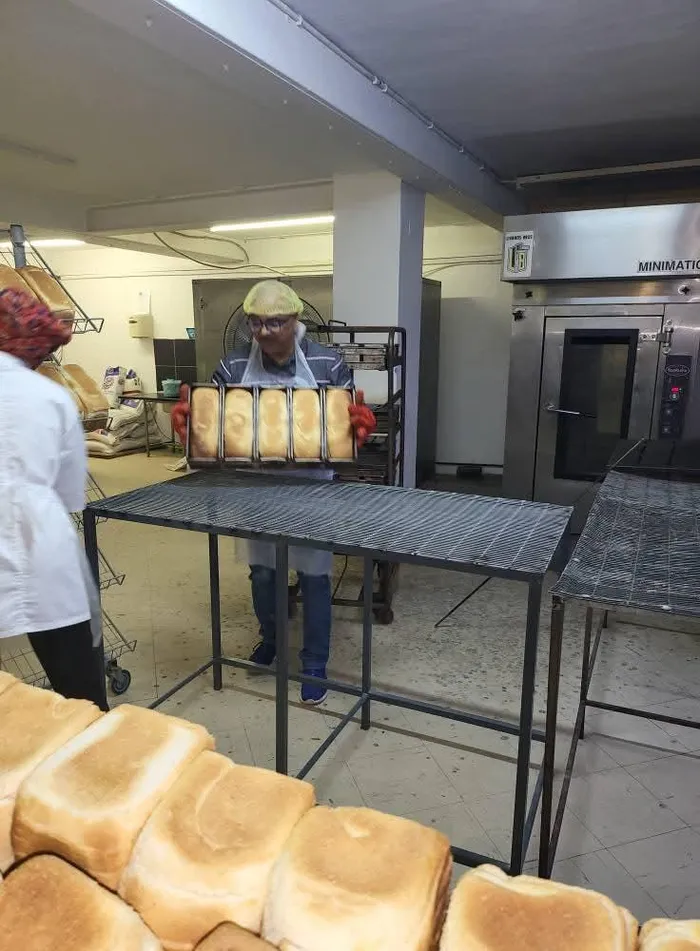How the latest Budget affects food prices and household affordability in SA

Charles George from Delft is helping families by selling bread at an affordable price, providing much-needed support to the community.
Image: Supplied
According to the 2025 Household Affordability Index, it costs R5 420.30 to fill up a basic food basket. After the Budget was tabled by Minister of Finance Enoch Godongwana on Wednesday, what does this mean for the average household and the man on the street?
Experts warn that if the rand can remain stable, it would have a positive impact on trade, such as the export and import of food. However, an increase in fuel prices could lead to a rise in costs due to transportation of stock.
Godongwana announced that from June 4, the general fuel levy will increase by 16 cents per litre for petrol and by 15 cents per litre for diesel. VAT will remain at 15 per cent.
While many may argue that the impact will be felt in the adjustment of the income tax bracket, which will have a ripple effect on the working class and their pockets—like the simple purchase of a loaf of bread—Pastor Charles George of Delft, who runs Zoey’s Bakery, produces between 300 and 400 loaves of bread a day at a price of between R8 and R10 to help the man on the street.
With ongoing trade prices and interest rates, Pastor George has been warned that bread prices could increase to R25. He has chosen to make it a little easier for households who often spend up to R40 for two loaves of bread per day.
“This is baking done by orders, and for the same package that you will pay at a retailer, you can get it for R10,” he said.
“Many households are stretched, buying between two to three loaves a day. We are creating an opportunity for feeding schemes to order it at R8 a loaf, and for people wanting to create an income, we sell it for R1 less than the price.”
According to Ulrich Joubert, an independent economist, the man on the street will be hit hardest, as the budget will not make much of a dent in an already stretched household. He cited that the price of coffee has already increased by 60 per cent in twelve months on international markets.
“My view is that the budget will have little impact on food prices, especially because we assume that there will be no VAT increase —especially after he tried twice to increase the VAT rate, but it wasn’t acceptable to his partners in the GNU," he said.
“A cut in interest rates could assist in cutting the cost to do business and remember farming is also a business.
“In the case of food, most of these prices are influenced by demand and supply. Supply is often determined by climatic conditions. First indications are that we had a good summer crop and therefore the price of maize meal is likely to remain fairly stable in coming months and could even decline if the new crop comes into circulation.
“In the case of apples, which prices have declined by 6% in the latest survey, seasonal factors play a role in determining the price of the product. This is an important aspect in especially fruit and vegetable prices.
“If we have a financially disciplined budget, it could assist the rand remaining stable and assist in cutting the price of imported food like rice, tea and even coffee. Unfortunately the price of coffee has risen by more than 60% in the past twelve months on international markets.
“If the minister decides to increase the fuel levy, which he did not do in the first un-announced budget, it could have an impact on the cost of transportation of food products.
“Overall I am of the opinion that the budget will actually have little impact on food prices in the foreseeable future.”
Cape Argus
